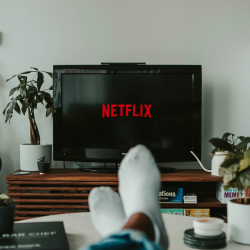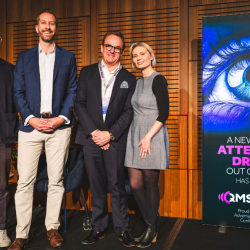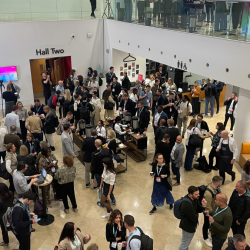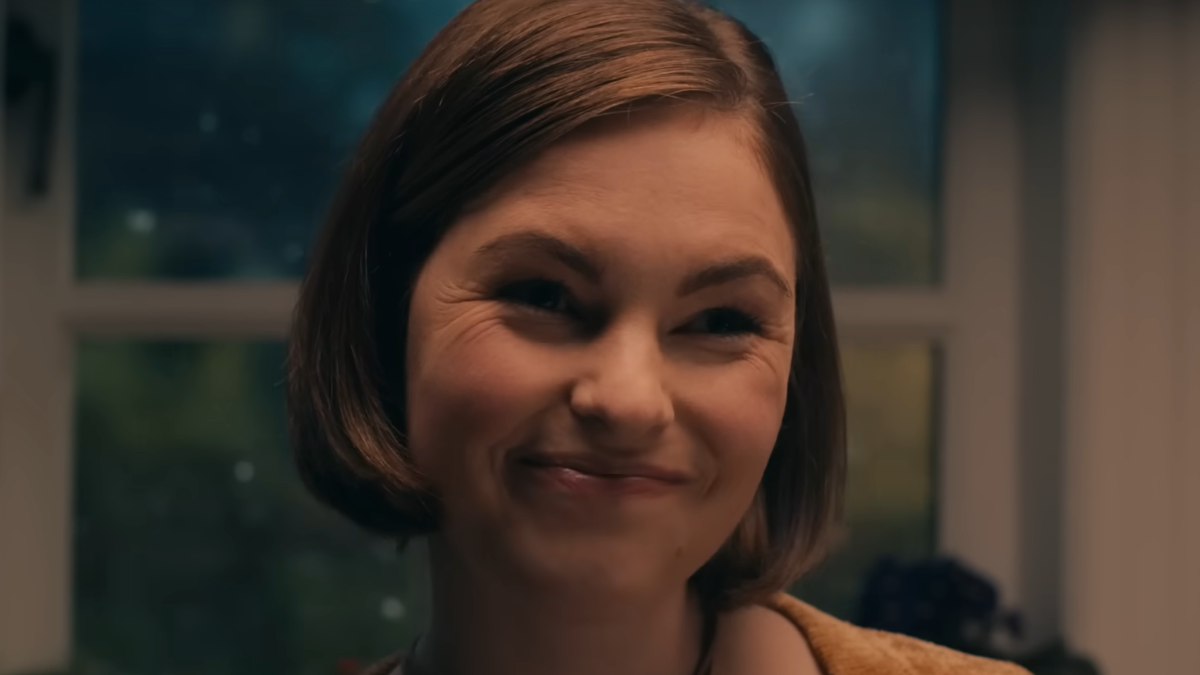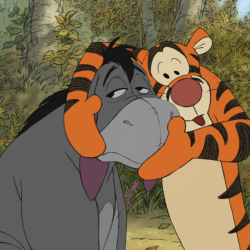Humans have the unique ability to consider the future
It’s a remarkable skill, allowing us to invest time in the present sowing crops with the expectation of harvest. It means we can consider dangers that may present themselves and take prudent, prophylactic behaviour. It enables planning and an inherent sense of the fugit of tempus, but it also pulls us out of the present, creating anxieties about things that have not and may never happen.
Country superstar Tim McGraw’s song ‘Live Like You Were Dying’ encapsulates one way of collapsing these multiple time horizons we are forced to constantly live in. It tells the tale of a man who gets a fatal diagnosis that reminds him to make the most of life and then does his bucket list things and becomes a better husband and person. Living like you could die tomorrow is not always the most practical advice because it completely privileges the present over the possible. If you don’t believe in a future you don’t invest in it, which might become a self fulfilling prophecy. The ultimate intent is to remind us that “life moves pretty fast… If you don’t stop and look around once in a while, you could miss it” — as Ferris Bueller opined in his opening scene. This is why we can’t really conceive of death, as Damien Hirst pointed out with a pickled shark, and tell ourselves stories about what might happen after it.

As we consider our futures…
There have come to be two broad, binary positions for how to think about it. They tend to be represented as extreme philosophical positions, which is of course unlikely to be useful as guides to actually living with one’s own future. ‘Optimism’ was a phrase coined by Jesuits for philosophers such as Leibniz, due to his belief that we live in ‘the best of all possible worlds’ since God would have made a better one if such a thing were possible.

Pessimism came rapidly after to mock philosophers like Voltaire who wrote in Candide: “If this is the best of all possible worlds, what on earth are the others like?” Interestingly, lots of schools of thought get branded by their detractors.
Strands of optimism mutated into positive psychology and ultimately the belief that simply believing in what you want can ‘manifest’ it for you, which is dangerous magical thinking. ‘Fake it til you make it‘, they like to say in the USA. What happens though when, as seems most likely, you don’t manifest yourself into a Ferrari? Some teach that negative thoughts are what is keeping you from success, implicating you in your own failures. This is also the source of concern with the belief that only we can make ourselves happy. If you are not happy, that’s your fault for not changing your outlook, which blames you for your misery. Indeed, how we reconcile this dissonance between what we want or think and what happens might be at the heart of how we develop our attitudes. “Whether we are conscious of it or not, we’re always forming expectations,” according to Aaron Heller, an associate professor in the Department of Psychology. “Whenever our expectations turn out to be wrong, they become a learning signal that we use to form better expectations in the future.”
Experiences constantly reshape our cognitive models of the world — when they prove wrong — to maximize the chances of our survival. People who identify as pessimists tend to be more accurate predictors, especially about their own achievements, in research. They seem less prone to the The Lake Wobegon Effect, the tendency to overestimate one’s abilities, but perhaps it’s that overestimation of the odds in your favour that tips you over the edge into action. On the other hand, pessimism, whilst perhaps more accurate, seems defeatist and thus potentially self-defeating, robbing us of the motivation to change anything, personally and collectively, and learned helplessness leads to depression.

In 2008 the financial crisis shattered many people’s belief in a stable future, which in turn helped Obama to win the presidency on a simple message of hope. Politicians sometimes speak of a ‘duty to optimism’, to create a vision of the future to inspire people to vote for them but of late many have leaned into fear instead, the other, darker human motivator. As the political vision in the UK has darkened so too has productivity lagged and the tenor of discourse coarsened. A brighter future can’t be built entirely in the fantasies of the past.
Optimists are more often wrong, but it is a necessary delusion, motivating people to make changes and to persevere against adversity, to be more resilient. That increases your odds, giving you more goes at bat. It is in hope that advertising operates, making promises to people that products can improve their lives, offering companies the chance of growth. Optimism, according to Noam Chomsky, is a “strategy for making a better future. Because unless you believe that the future can be better, it’s unlikely you will step up and take responsibility for making it so. If you assume that there’s no hope, you guarantee that there will be no hope.”
Perhaps a tempered meliorism, the belief that things can get better but won’t necessarily do so, serves us better. It allows room for chance and agency, accepting the possibility that things won’t work out, so we can equip ourselves with a certain equanimity, but laced with enough hope to keep us moving forward.
Featured image: Andrew Dhliwayo / Pexels


